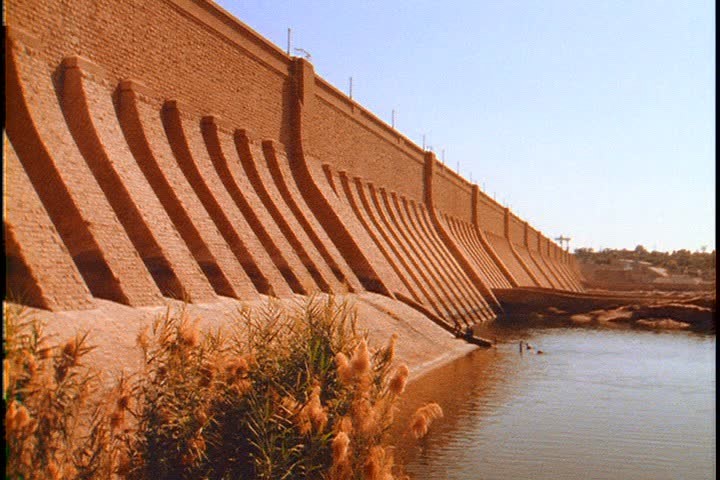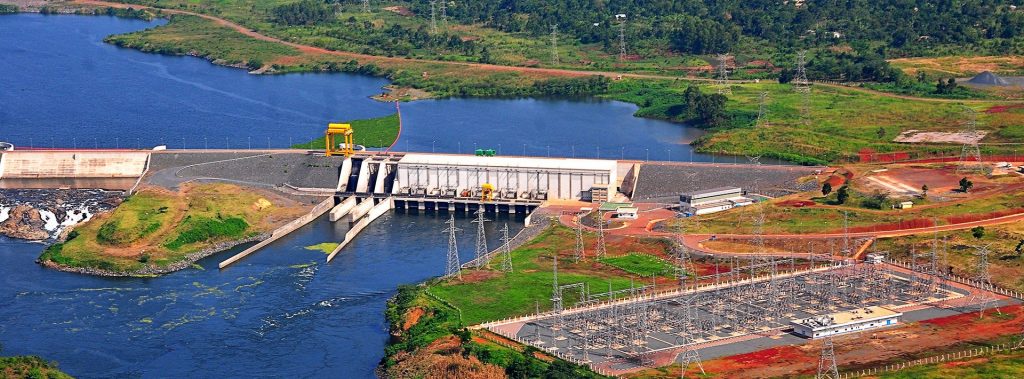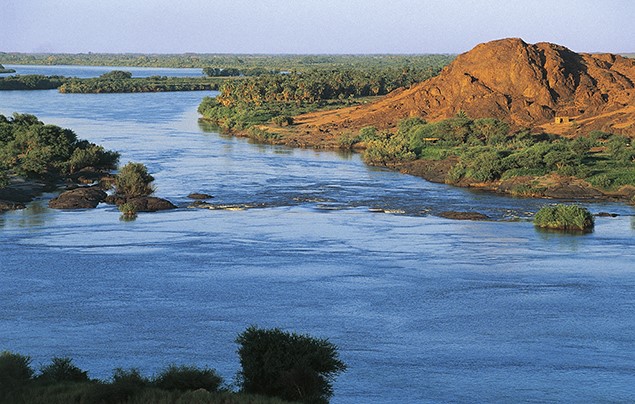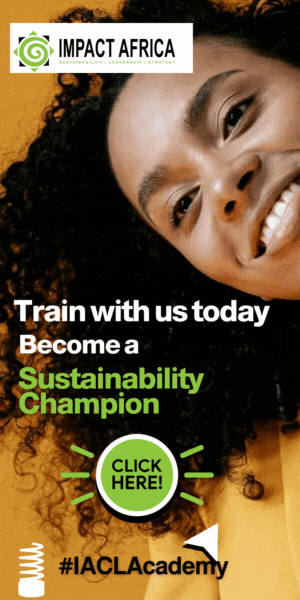Rivers are becoming more and more fragmented as they succumb to the impacts of human development: roads, levees, and dykes transecting floodplains; dams constructed to generate electricity; water diverted for drinking and agriculture. Combine these, and the world is losing its free-flowing rivers at a dizzying pace. According to the World Wildlife Fund Report 2019, only a third of the world longest rivers are free-flowing. River Nile, the longest river in Africa, falls victim of the human developments.
To foresee food and water security, the Nile Basin Initiative was established in 1999- an intergovernmental partnership of Nile Basin countries- Egypt, Eritrea, Kenya, Ethiopia, Democratic Republic Congo (DRC), Rwanda, Sudan, Uganda, Burundi, and Tanzania. It was to provide ease in consultation and offer co-ordination to the basin states. In addition, it was to offer a sustainable development and the sustainability of the water resource to the benefit of all member States. This initiative recently celebrated its two-decade milestone since its establishment.
A third of Africa’s population depends on the Nile basin. Farming and fisheries have managed to offer food security as a result of the river Nile. Most of the Nile basin countries depend on agriculture for consumption and economic growth. Coffee business in Uganda plays a crucial role in the development of the country’s economy but it has been hit hard by climate change. However, water from the Nile Basin cannot serve as an alternative for irrigation anymore. The historical river is drying out. The Biodiversity resource fading away.

The Aswan high dam constructed in 1970, draws its water from Nile river. Constructed to ease on floods, act as a silt deposit, and serve as a storage during the dry seasons in Egypt- served as an assurance of the availability of water. The dam is now draining river Nile. The basin is at its lowest level just 52years later.
To add to the menace, most of the Nile basin Countries are still sourcing water from the Nile basin to help increase the electricity supply. One such project includes the construction of the Merowe dam in the South Sudan in 2009. The dam was meant to offer a solution to the shortage of electricity in the country. High turbines source water from the river Nile. A reservoir behind the dam resulted in a humanitarian crisis with over 50,000 Sudanese left homeless as villages submerged.
With the rise of hydroelectric power plants sourcing water from the Nile, Uganda joins the wagon. Close to the outlet from Lake Victoria, two hydroelectric power stations exist. Combined however, they do not offer enough electricity for the ever growing population leading to the construction of more dams such as Bujagali and Kiira dam.

The Repercussions-Lake Victoria has seen its water drop gradually.
Farmers who depend on fish farming from Lake Victoria are already affected as climate change impacts the fisheries. Changes in temperature can alter the water levels hence causing a mix in regimes and the productivity of fish. In Kenya- Kisumu County, famous for its culinary fish dishes has seen a drop in fish production. Variability in rainfall has caused the lake water level to drop.
In addition, Global warming poses a threat to the renowned river. High temperatures that characterize its basin have resulted to increased precipitation. Intrusion of salt water downstream as the sea level rises is likely to affect the availability of fresh water in the delta areas.
The effects could intensify the dependency on irrigation by Egypt as it gets drier and warmer as human demands for water-intensive agriculture and water alone increase. As we celebrate the milestones achieved from the Nile basin initiative establishment it is wise to consider the achievements in terms of sustainability. The short term may seem fruitful, but the long term effect remains a major threat, if measures are not put in place.




